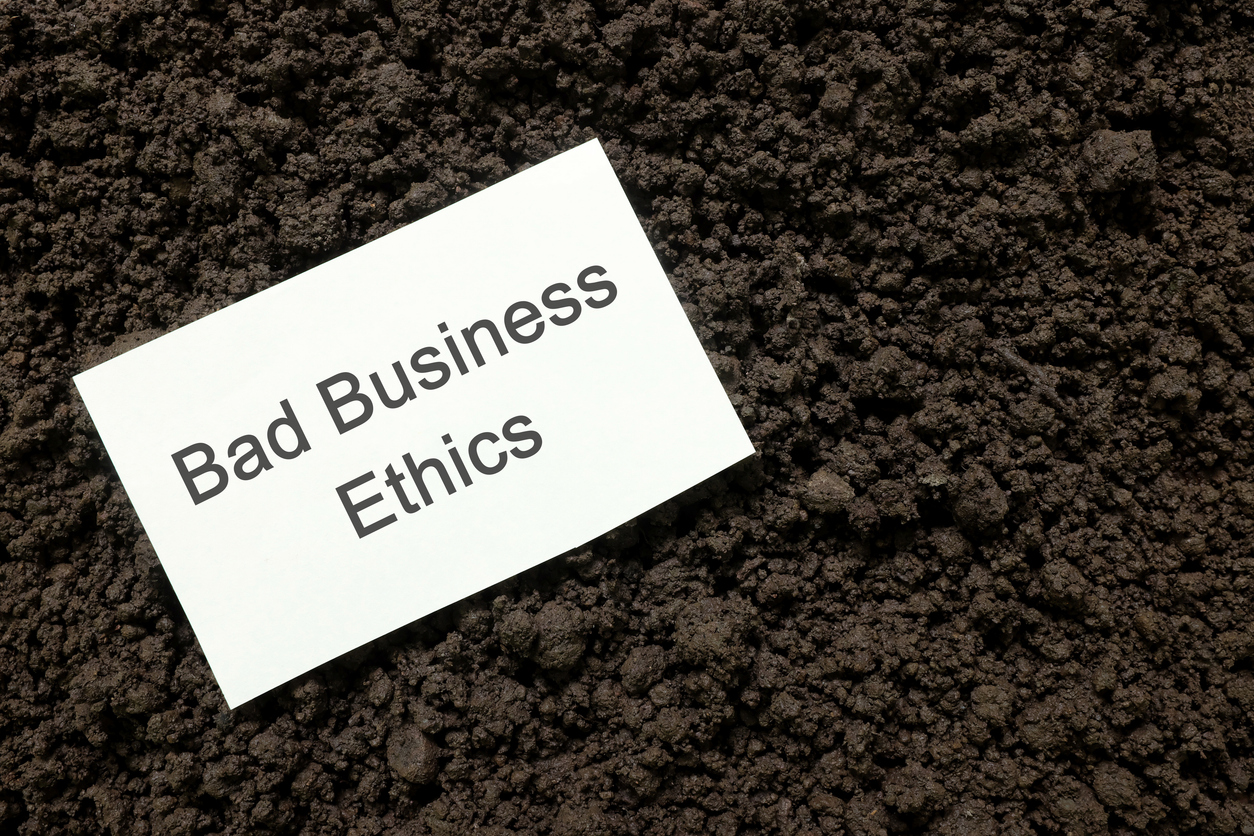Over 150 years ago, fire insurance companies crafted myriad clauses and diverse property insurance forms filled with exemptions and limitations, which prevented full recovery for losses. This prompted most states to adopt a standard fire insurance policy and implement oversight by insurance regulators to shield consumers from these unjust underwriting practices. Today, insurance regulators continue to play a pivotal role in safeguarding consumers from similar stratagems once employed by insurance companies. A case in point is the 1% matching form that Kentucky’s insurance regulators have barred, yet Florida’s insurance regulators permit within insurance policies.
The Kentucky Insurance Commissioner issued an advisory bulletin last month that prohibited insurance companies from placing sub-limits regarding the costs of matching within insurance policies:
This Advisory Opinion is intended to serve as notice of the Department’s interpretation of 806 KAR 12:095 Section 9(1)(b) to all admitted insurers and licensed adjusters authorized to investigate, negotiate, or settle property claims in Kentucky. Any insurers currently utilizing forms in violation of the regulation shall amend their filings by September 1, 2024. This includes, but is not limited to, any endorsement placing a sublimit on matching undamaged areas of a home. Failure to bring filings into compliance may result in administrative action.
In a story published yesterday by the FC&S, Florida Approves Endorsements that Limit Matching, it was noted that Florida’s Insurance Commissioner and regulators took the opposite approach. Those Florida regulators are allowing insurance companies to reduce policy benefits regarding matching:
However, in recent months, the Florida Office of Insurance Regulation has approved endorsement forms submitted by at least eight property insurers that limit the amount they will have to pay to replace undamaged property to maintain matching with the replaced damaged property.
All of the forms limit the amount the insurers will pay due to matching at 1 percent of the policy limit. For a $500,000 policy, the most the insurer will pay to replace undamaged parts of the property would be $5,000.
Unlike Kentucky, Florida’s insurance regulators have sold out to the insurance industry and its lobbyists. It makes me wonder if Florida’s insurance regulators have any concept of why there was a need for a standard fire insurance policy and if they understand traditional insurance principles of indemnity.
Christine Barlow, Executive Editor of the insurance industry’s leading publication FC&S, wrote an article about matching, The Matching Game and Pre-Loss Conditions. She noted how some insurance companies try to argue out of coverage and paying indemnity, stating:
None of these arguments comply with the principle of indemnity where the insured is restored to what he had before the loss. If the insured had a matching roof or carpeting before the loss, and after the loss the roof or carpeting is mismatched, then the insured is not properly indemnified.
In Mastin v. Sandy & Beaver Ins. Co., 461 N.E.2d 332, an insured filed suit against the carrier to recover the cost to replace the kitchen floor. The insured’s property was damaged by a storm and the kitchen floor had to be cut through in order to make repairs. The insured had a vinyl kitchen floor, which is not satisfactorily repaired by a patch. The court ruled that vinyl flooring cannot be considered ‘repaired’ when an obvious patch is left and that the whole floor should have been replaced.
… The principle of indemnity is still the basis for insurance; the insured should be restored to what he or she had before the loss…and pre-loss is matching. Until policies are constructed around a different principle, the insured should be restored to the pre-loss condition, with matching carpet, roofing, or siding.
Insurance regulation is important. When Florida policyholders find that they are not able to properly replace their property following a loss, they will certainly find out why they need different people overseeing Florida’s insurance marketplace.
Thought For The Day
A strong consumer protection system is good for consumers and good for businesses that compete on the basis of the best product or the best service, rather than on the basis of tricks and traps.
—Barack Obama




